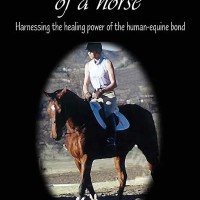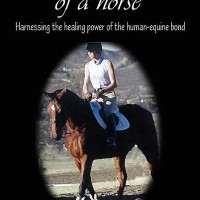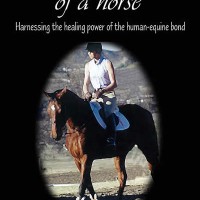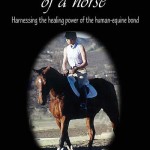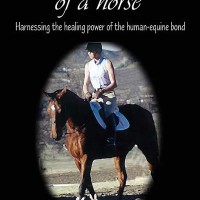
When thinking about addictions, some things are quite obvious, while others are much more disguised. Clearly, those with substance abuse issues of any kind are still subject to a healthy dose of social stigma. Often this desire to hide what is not considered acceptable by the masses is what fuels the emergence of a multitude of “exclusive” addiction centers. For a sense of what these day spa like treatment centers look like, just Google “Malibu drug treatment.” Yet this avoidance of the problem also disguises a much larger issue. That is, that aside from the war in the Middle East, addiction issues — from prevention efforts to treatment, loss of work time, health claims, and addiction related incarcerations — claim the largest share of national spending. So it seems fitting then that treatment centers scramble for the latest and greatest way to treat this massive social problem. Of late, equine therapy has become one of these nascent methods for getting to the root of what causes a person to turn to the bottle, pill, or powder.
Horses and addictions would seem strange bedfellows, but our four legged friends are actually quite well suited for this population. For one thing, addictions involve a great deal of denial. Denial not just of the problem, but of what one is actually feeling, thinking and doing. And this denial pervades beyond others, but to the self as well, leaving a person that has a very fractured understanding of himself. This detachment from the self can actually be a very prominent reason to drink.
Continue reading Equine Therapy and Addictions, by Claire Dorotik
